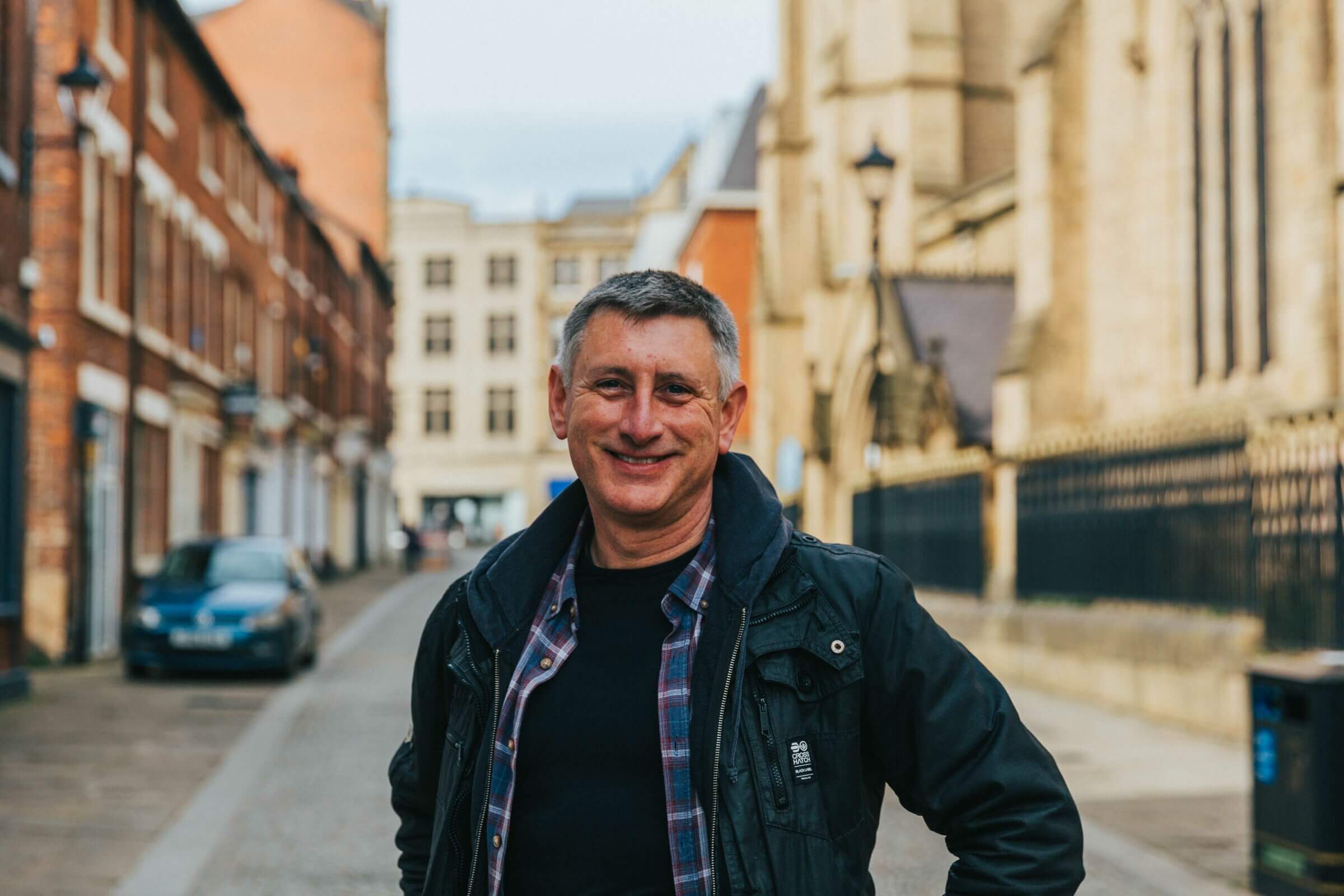Resources
A collection of free resources to help you raise funds and share the work we do

Many years ago, I was in Hong Kong gazing up at the then-new headquarters of HSBC. Around the corner in an alleyway was a row of steel-barred cages, each about 2 x 1 meters. In response to my bemused question, my Chinese friend told me that they were for old people. With no income or family, the elderly could sell what they had and see out their days in a cage hidden from the world’s eyes. The same system that produced the gleaming HSBC building also drove the situation of the elderly poor.
In the years since, I have been frequently struck by the way that good things seem to co-exist with things that are sad or wrong, almost like two sides of a coin. The profound beauty of medieval cathedrals in my homeland, for example, has touched and perhaps transformed the lives of generations, but their building was funded by a system that held the population in slavery. The flowering of global trade in the 16th and 17th centuries that ultimately lifted millions out of poverty was fuelled by the colonial destruction of Latin America and the theft of its wealth.
This week I was reminded that our own age may be a little different. The Regional Directors of The Mission to Seafarers have been to London, working together at a conference. The smart and expensive marina in the picture lies just around the corner from where we have been staying, yet it is also one of the poorest areas of London. A hundred paces from this spot that you can see, where there is beauty and calm, will take you to places where litter and human waste mark the streets, and the destitute sleep-in doorways.
How much easier my life, and perhaps also my faith, would be if the world was one thing or the other. If it was either wholly good and I could simply rejoice, or wholly wrong, and I could give myself to righteous indignation. We have no such luxury.
In my months since coming to The Mission, I have been struck by the huge benefits that arise from the industry within which we are at work. The life, the wellbeing, the hopes, loves, futures of millions upon millions are made possible through the work of this sector. Yet it is also a sector that inadvertently, and sometimes deliberately, shields its eyes from the burdens it places upon many who work in it. Moreover, it is a sector in which deliberate exploitation and abuse are fearfully common.
In port after port around the world, in the countries from which seafarers come, and by digital means, The Mission to Seafarers provides a chaplaincy service that is focused on the wellbeing of seafarers and their families. As I think about that work, I am reminded of one of Jesus’ stories about a field intended for growing wheat where weeds had also been sown. It was impossible for the owner of the field to march through and cut down the weeds without also destroying the wheat. They existed side by side. The message was that God is patient with this complex world, willing to live with its contradictions, willing to take the journey with us in our struggles, working always to draw forth the good and restrain the wrong.
It is a good story, perhaps an especially good one for those who offer chaplaincy around the world, yearning for the wellbeing of seafarers. Neither the industry within which we work, nor the lives of the seafarers we serve, and in truth not even our own lives and hearts, are free from these kinds of contradictions. Ours is a work and a ministry that is honest and patient. It doesn’t lie within our hands to march through and simply strike down everything that we see that is wrong. To try to do so would destroy more than it saved. We take the opportunities we have to care. We affirm the good, name and – where we can – address the imperfect, call for and do what we can to nurture positive change. We support the weary, comfort the sad, support the struggling, and speak of hope and our reasons for holding to hope. In doing so, we live out the story that Jesus told and become probably the most tangible evidence of the hope we have that the people we serve are likely to encounter.